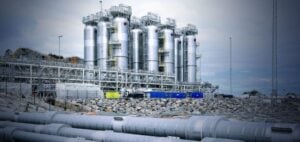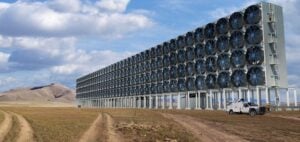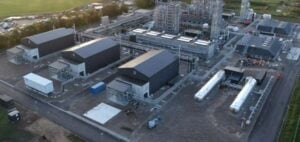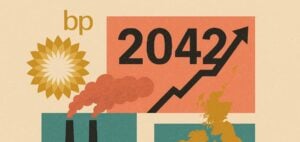TotalEnergies announces a USD 100 million investment in improved forest management projects in the United States.
The partnership with Anew Climate and Aurora Sustainable Lands covers 300,000 hectares in ten states, including Arkansas, Michigan and Virginia.
The aim is to preserve productive forests from over-exploitation and maximize their capacity to store atmospheric carbon.
Optimizing carbon sinks
The sustainable management practices implemented aim to reduce timber harvesting and strengthen the resilience of forest ecosystems.
These methods include increased supervision of forestry operations to maintain the integrity of soils and watercourses, and preserve biodiversity.
The carbon credits generated will be acquired by TotalEnergies and used after 2030 to offset the residual emissions of its scopes 1 and 2, in line with its carbon neutrality objectives.
In the meantime, the company is concentrating its efforts on directly reducing its emissions.
Alignment with U.S. carbon market principles
TotalEnergies complies with the Voluntary Carbon Markets Joint Policy Statement published by the US government.
These principles promote the transparency and integrity of carbon offset projects.
The partnership with Anew Climate and Aurora Sustainable Lands is in line with these guidelines, seeking to strengthen the credibility of carbon credits from natural projects.
TotalEnergies’ approach is aligned with these standards to ensure the quality and effectiveness of the carbon credits generated.
Partners and forest management strategy
Anew Climate focuses on the integrity of carbon credits on international markets, while Aurora Sustainable Lands manages forestry operations on the ground.
The aim is to create favorable conditions for forest regeneration and maximize carbon capture potential, while ensuring the economic sustainability of the projects.
TotalEnergies’ financial support secures these operations over the long term and maintains a balance between environmental needs and economic requirements.
The challenges of sustainable forest management
With increasing pressure for reliable carbon offset solutions, sustainable forest management is a strategic option for TotalEnergies and its partners.
Current projects must meet strict standards to ensure that the carbon credits issued represent real and measurable emission reductions.
The demand for high-quality credits encourages rigorous monitoring and the use of scientifically validated forestry practices.
The success of this initiative relies on the ability of stakeholders to balance economic and environmental aspects in an increasingly complex regulatory and market context.
The partnership with Anew Climate and Aurora Sustainable Lands demonstrates TotalEnergies’ commitment to partnering with recognized experts to optimize the management of natural assets, while ensuring that we meet the growing expectations of carbon markets.





















